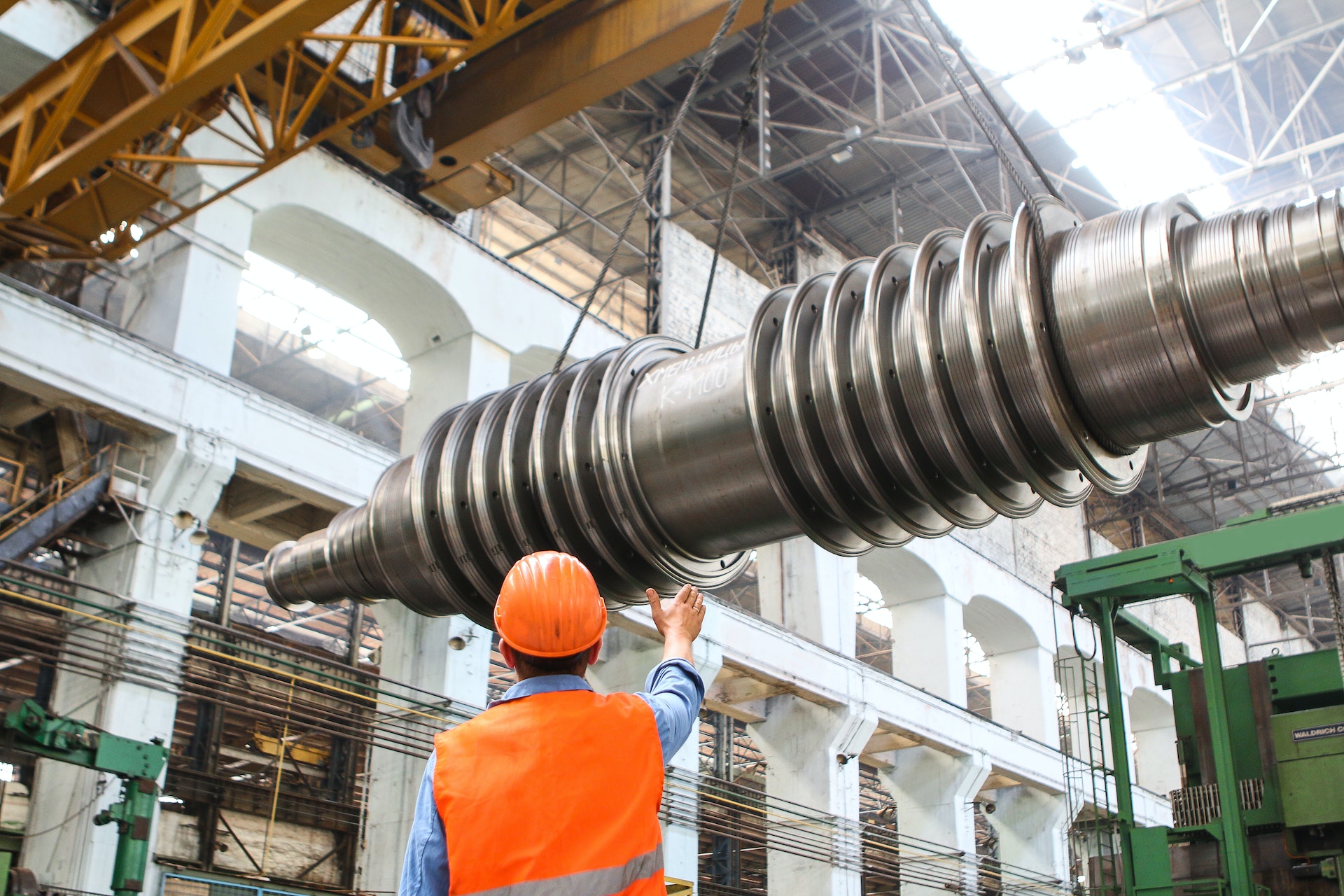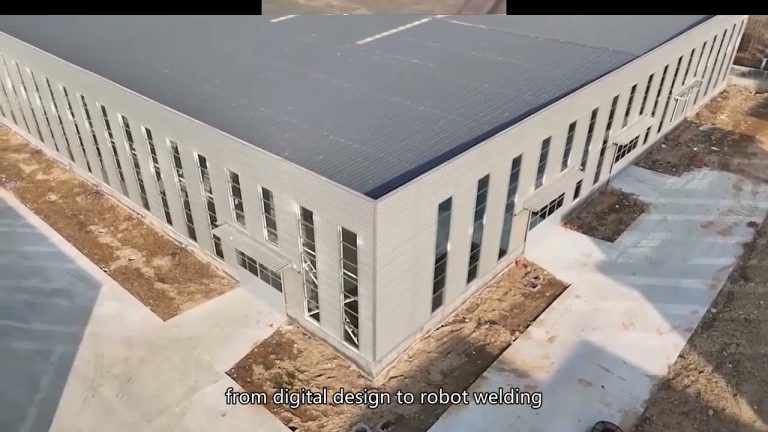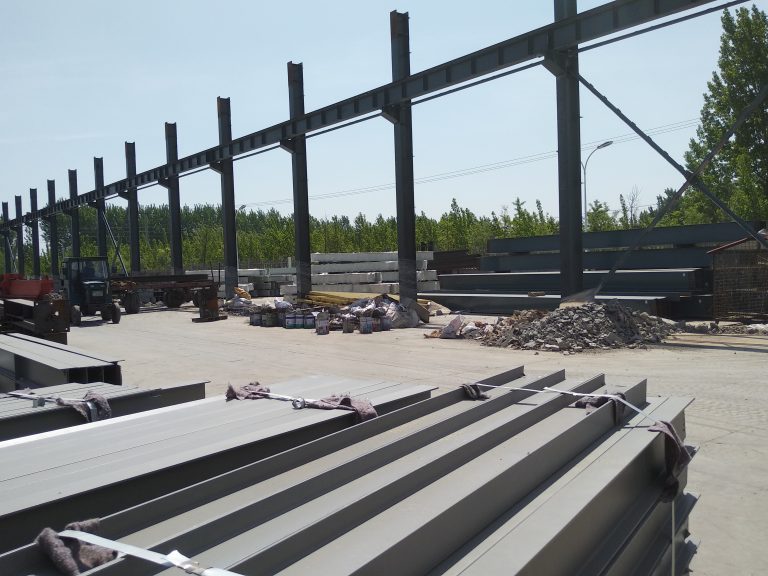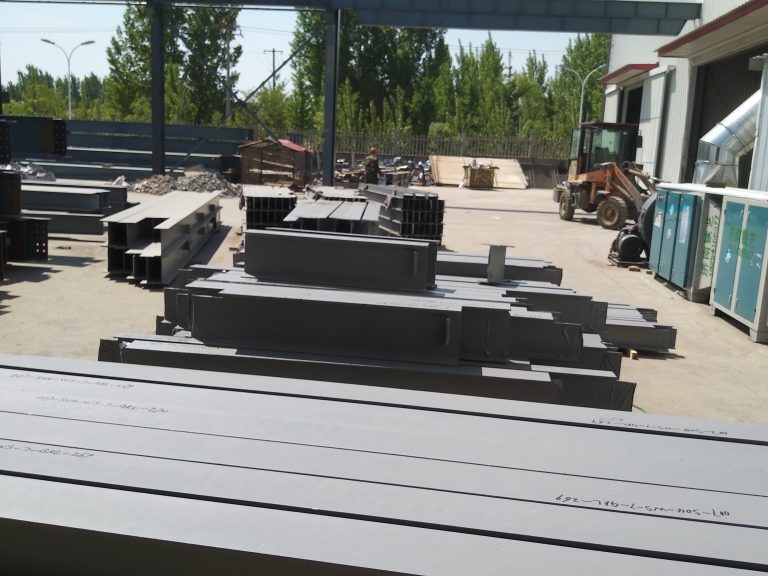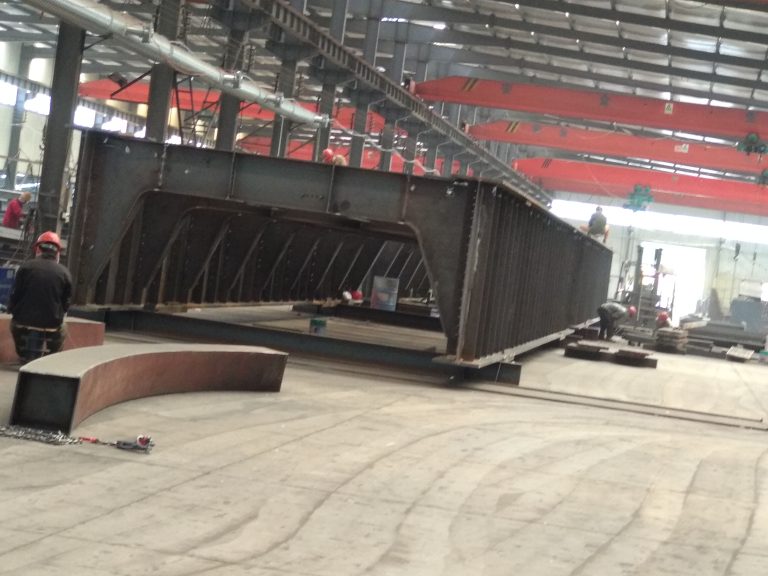Steel sewage treatment plants infrastructure for environmental protection
Table of Contents
Advantages of Steel Sewage Treatment Plants for Environmental Protection
Steel sewage treatment plants are becoming increasingly popular for their numerous advantages in protecting the environment. These plants are designed to efficiently treat wastewater and remove harmful pollutants before releasing the treated water back into the environment. In this article, we will explore the advantages of steel sewage treatment plants for environmental protection.
One of the key advantages of steel sewage treatment plants is their durability and longevity. Steel is a strong and resilient material that can withstand harsh environmental conditions, making it ideal for use in sewage treatment plants. Unlike other materials that may deteriorate over time, steel sewage treatment plants can last for decades with minimal maintenance.
In addition to their durability, steel sewage treatment plants are also highly resistant to corrosion. Corrosion is a common issue in sewage treatment plants due to the presence of corrosive chemicals and gases in the wastewater. Steel’s resistance to corrosion ensures that the plant remains in good condition and continues to effectively treat wastewater for years to come.
Another advantage of steel sewage treatment plants is their flexibility in design and construction. Steel is a versatile material that can be easily molded and shaped to fit the specific requirements of a sewage treatment plant. This flexibility allows for the efficient use of space and resources, resulting in a more cost-effective and environmentally friendly solution.
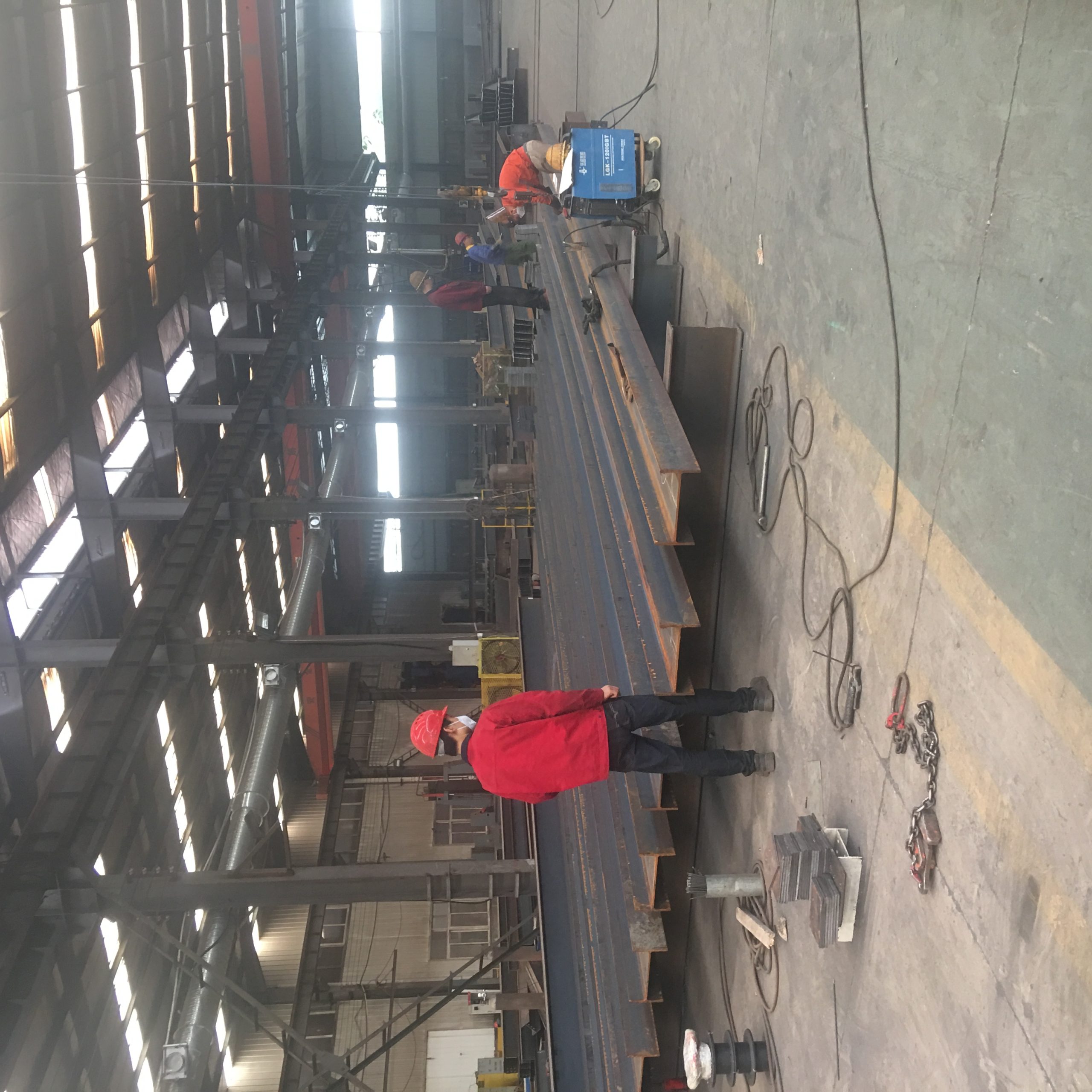
Furthermore, steel sewage treatment plants are easy to install and maintain. Steel components can be prefabricated off-site and assembled on-site, reducing construction time and minimizing disruption to the surrounding environment. Additionally, steel’s smooth surface makes it easy to clean and maintain, ensuring that the plant operates at peak efficiency.
Steel sewage treatment plants are also environmentally friendly. Steel is a recyclable material that can be reused and repurposed at the end of its life cycle, reducing the environmental impact of the plant. Additionally, steel sewage treatment plants are designed to minimize energy consumption and reduce greenhouse gas emissions, making them a sustainable choice for environmental protection.
In conclusion, steel sewage treatment plants offer numerous advantages for environmental protection. Their durability, corrosion resistance, flexibility in design and construction, ease of installation and maintenance, and environmental friendliness make them an ideal choice for treating wastewater and protecting the environment. As the demand for sustainable solutions to wastewater treatment continues to grow, steel sewage treatment plants are poised to play a key role in safeguarding our environment for future generations.
How Steel Sewage Treatment Plants Can Help in Sustainable Development
Steel sewage treatment plants play a crucial role in protecting the environment and promoting sustainable development. These facilities are essential for treating wastewater before it is released back into the environment, ensuring that harmful pollutants are removed and water quality is maintained. By using steel in the construction of sewage treatment plants, several benefits can be realized, including durability, cost-effectiveness, and environmental sustainability.
One of the key advantages of using steel in sewage treatment plants is its durability. Steel is a strong and resilient material that can withstand harsh environmental conditions, such as exposure to water, chemicals, and fluctuating temperatures. This durability ensures that sewage treatment plants can operate efficiently for many years, reducing the need for frequent repairs and replacements. In addition, steel structures are resistant to corrosion, which is a common issue in wastewater treatment facilities due to the presence of corrosive substances in sewage. By using steel, the lifespan of sewage treatment plants can be extended, resulting in long-term cost savings and environmental benefits.
Another benefit of using steel in sewage treatment plants is its cost-effectiveness. Steel is a cost-efficient material that is readily available and easy to work with, making it an ideal choice for large-scale infrastructure projects such as sewage treatment plants. The use of steel can help reduce construction costs and shorten project timelines, resulting in overall savings for municipalities and governments. Additionally, steel structures require minimal maintenance and upkeep, further reducing operational costs over the lifetime of the facility. By choosing steel for sewage treatment plants, governments and organizations can achieve cost savings while still ensuring high-quality wastewater treatment.
In addition to its durability and cost-effectiveness, steel is also an environmentally sustainable material that aligns with the principles of sustainable development. Steel is a recyclable material that can be reused and repurposed at the end of its lifespan, reducing the environmental impact of sewage treatment plants. By using steel, the carbon footprint of sewage treatment facilities can be minimized, contributing to overall environmental protection and conservation efforts. Furthermore, steel production processes have become more energy-efficient and environmentally friendly in recent years, further enhancing the sustainability of steel sewage treatment plants.
Overall, steel sewage treatment plants offer a range of benefits for environmental protection and sustainable development. By using steel in the construction of wastewater treatment facilities, governments and organizations can ensure durability, cost-effectiveness, and environmental sustainability. These benefits contribute to the long-term success and effectiveness of sewage treatment plants, helping to protect water quality and promote environmental conservation. As the demand for wastewater treatment continues to grow, steel sewage treatment plants will play a critical role in meeting these needs while supporting sustainable development goals. By investing in steel infrastructure for sewage treatment, communities can ensure a cleaner and healthier environment for future generations.

